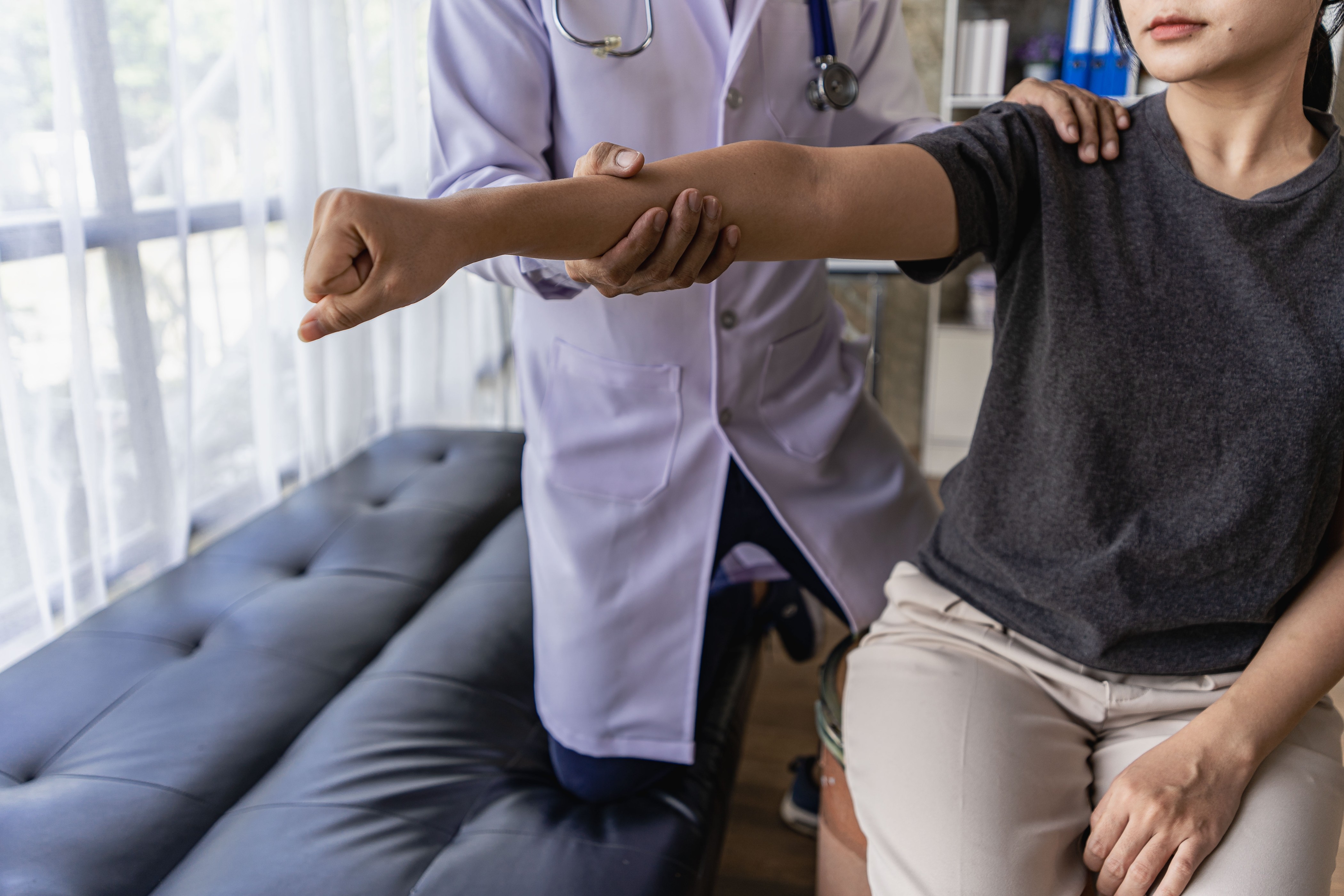10 Ways Rehabilitation Therapy Transforms Lives: The Importance of Post-Injury Recovery

As we all know injuries are unpredictable and can happen to anyone at any time. And recovery process can also be long and difficult. Be it a sports injury, an accident on the road, or a mental breakdown, rehabilitation is now a crucial treatment option today. In India, approximately 70% of people population may have definitely suffered from a certain injury in their lifetime. And today Rehabilitation therapy programs have essentially helped individuals recover from injuries and regain their normal functioning and strength. It helps people overcome their injuries and improve their quality of life. Here is how rehabilitation can transform your life:
10 Ways how rehabilitation can transform your life
Rehabilitation accelerates a transformative power in post-injury recovery. It is a holistic approach that aims to restore an individual's physical, mental, and emotional functioning and strength after an injury. Here are some ways rehabilitation can help transform post-injury recovery
Promoting Healing and Recovery: Rehabilitation therapy programs, such as physical therapy aim to promote healing and recovery by addressing the underlying physical issues caused by the injury. Physical activity, strengthening and enhancing mobility assist patients in regaining their independence and normal living.
Enhancing Mental Health: Since injuries adversely affect a person's mental health, leading to anxiety, depression, and stress, Rehabilitation centre programs assist through mental health support and counselling sessions to help individuals cope with the emotional challenges of recovery faster.
Encouraging Healthy Lifestyle Changes: Rehabilitation centre programs can encourage healthy lifestyle changes that support post-injury recovery. For instance, physical therapists can advise on exercise and nutrition, while occupational therapists can advise on stress management techniques and healthy work-life balance.
Improving Quality of Life: By restoring physical function and promoting mental and emotional well-being, rehab centre programs can help individuals regain their independence and improve their quality of life. Individuals can resume their daily activities, return to work, and engage in leisure activities they enjoy.
Preventing Further Injuries: Rehabilitation centre programs aim to prevent further injuries by educating individuals on proper body mechanics, posture, and movement patterns. This helps individuals avoid activities that may cause further damage to the injured area and promotes safe and healthy movement.
Building Resilience and Confidence: Rehab centre programs can help individuals build resilience and confidence by setting achievable goals and tracking progress. By working towards their goals, individuals can regain control and mastery over their recovery, leading to increased confidence and self-esteem.
Addressing Underlying Issues: Injuries can sometimes have underlying issues, such as chronic pain or limited mobility that can persist long after the initial injury has healed. Rehabilitation centre programs can address these underlying issues and provide ongoing support to manage them, promoting long-term recovery and preventing future injuries.
Tailored to Individual Needs: Rehabilitation programs like some sports rehabilitation programs are tailored to meet the individual needs of each person, considering their injury type, severity, and personal goals. A personalized approach can help individuals achieve their recovery goals faster, more efficiently, and successfully.
Encouraging Peer Support: Rehab centre programs are designed in a way to provide a supportive environment to the individual to seek social interaction which certainly helps individuals feel less isolated and improves mental health and overall well-being.
Empowering Individuals:
Rehabilitation is exclusively an empowering experience that boosts an individual’s physical and mental health simultaneously through the knowledge, skills, and tools to manage their recovery. Rehab centre programs actively participate in recovering the patients quickly.

When do you need rehabilitation for post-injury recovery?
The need for rehabilitation will hugely depend on the severity of the injury and the individual's overall health, fitness, and immunity level. In some cases, rehabilitation may be necessary for a few weeks or months, while in others, it can be necessary for several months or even years.
Common types of injuries that may require rehabilitation include:
Post-surgery: For people who have undergone any surgery, rehabilitation therapy assists in restoring their physical, strength, function, and movement.
After a sports injury: For children and elders who often get injured in the field need sports rehabilitation to regain their physical strength and function and return to their previous activity level.
After a spinal cord injury: Gym freak and athlete professionals often get spinal cord injury, rehabilitation can help them regain their physical strength and function and improve their quality of life.
Chronic pain: For pain, rehabilitation can help them manage the pain and improve their quality of life.
After a traumatic injury: For people who are mentally not well or have suffered trauma, rehabilitation can help them regain their confidence and self-esteem.
After a stroke: If an individual has suffered a stroke, stroke rehabilitation can help them regain their speech, motor skills, and cognitive abilities.
After a heart attack: Since heart attack is a serious disorder post surgery or before the diagnosis rehabilitation can help them improve their heart health.
After a brain injury: If an individual has suffered a brain injury, rehabilitation can help them regain their cognitive abilities and improve their quality of life.
After joint replacement surgery: If an individual has undergone joint replacement surgery, rehabilitation can help them regain their physical function and movement.
After an amputation: If an individual has undergone an amputation, rehabilitation can help them adjust to their new body and improve their quality of life.
Conclusion
Rehabilitation is an essential part of the recovery process after an injury. It not only helps individuals regain their physical abilities but also helps them mentally and emotionally. Suppose you or someone you know has suffered an injury. In that case, it is important to contact a hospital's rehabilitation department or rehabilitation centre ora qualified healthcare professional like Dr. ABCD to develop a customized treatment plan. A good example of a hospital department that specializes in rehabilitation is the Physiotherapy and Rehabilitation Department at XYZ Hospital. Remember, the key to successful rehabilitation is staying committed to the treatment plan and making lifestyle changes to aid the process.


